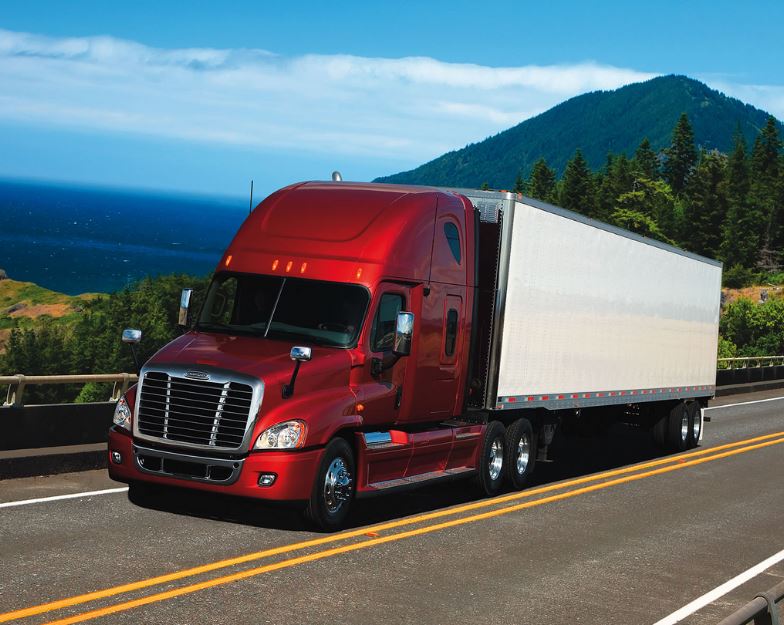Fleet costs can chew away at a company’s profit margin if they aren’t controlled, but controlling them can prove challenging. One of the biggest costs is fuel, which changes price constantly and is notoriously hard to predict. There are, however, other areas where a company can exert more control over total fleet costs.
Replace Vehicles
Vehicles remain functional long beyond the time when they are an economic drain on a fleet. As they age, the maintenance costs go up and fuel economy goes down. Replacements cycles can be determined based on the replacement cost, upkeep costs, resale estimates and fuel economy estimates. Once the replacement cycle determination is made, sticking to it reduces costs over the long-term.
Utilize GPS Tracking
Transit costs represent a significant portion of overall fleet and freight costs. Increased production of fuel has lowered these costs, but it won’t last forever. Sooner or later gas prices will rise, and when they do carriers will be forced to optimize. Until renewables become scalable, the best way to optimize is to create routes that minimize idle time and track them with sophisticated GPS technology such as Mobile Fleet Tracking.

Employee Purchase Programs
When vehicles reach the end of their useful life in the fleet, they must be sold. Offering to sell these vehicles to employees, before putting the vehicles up for auction, provides two key benefits. The sale price is typically higher than at auction, which helps to somewhat defray replacement costs. It also reduces depreciation on vehicles.
Safety Programs
Drivers know they should drive defensively, but pressure to meet goals or simple absent-mindedness can lead to unsafe driving practices. This, in turn, increases the risk of accidents. Accidents are expensive in terms of repairs or vehicle replacement, insurance cost increases and even legal action. Annual safe driving training and consistent reminders to drive safely reduce the number of accidents, which lowers overall costs.
Legal Representation
Most businesses have in-house legal counsel or a law firm on retainer. These attorneys typically specialize in business or corporate law with sub-specialties relevant to the business, such as tax law or contracts. For a business with a fleet, however, the odds of an automobile accident are high and the possibility of lawsuits quite real. Retaining a car accident attorney helps to limit costs in the inevitable event that a fleet vehicle gets into an accident.
Fleet costs are complex and sometimes unpredictable, but businesses can take steps. Adherence to replacement and up-to-date maintenance cycles, proper legal representation and an employee purchase program all help to limit costs. Mandatory safety training encourages drivers to stick with defensive driving practices that reduce avoidable and expensive accidents. By staying vigilant, reducing fleet costs is an achievable goal. If fleet costs outpaces your revenue, you can always look into a truck factoring company to help pay expenses.









